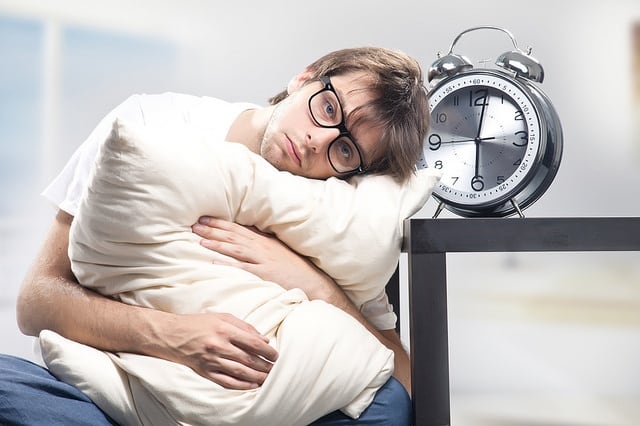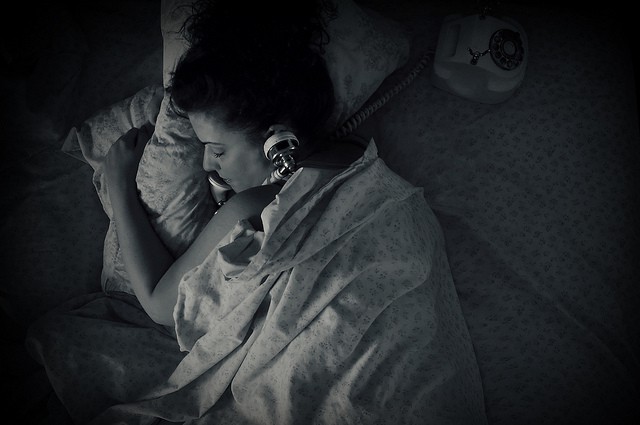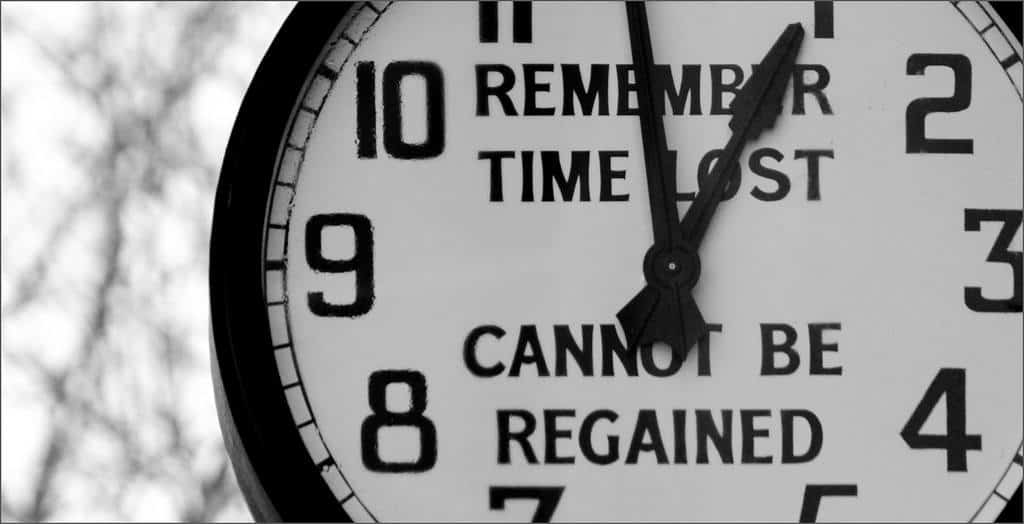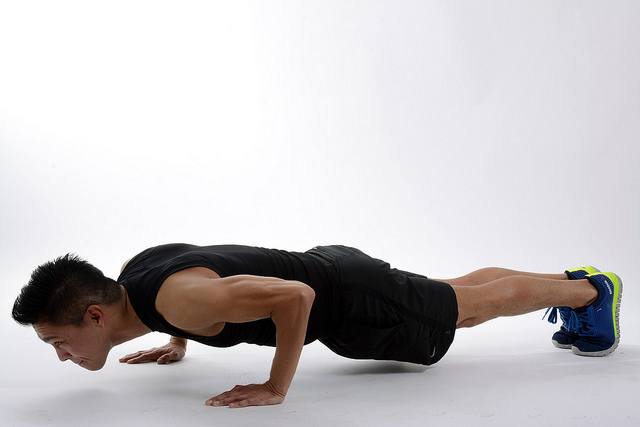Sometimes it feels like there aren’t enough hours in a day! This goes for everyone but the feeling may be a little more severe for a small business owner. Did you know that on average, small business owners sleep less than corporate executives? Sometimes it seems like the best way to sneak more working hours into the day is to let it cut into your sleep with so many tasks and people to manage. But scientific studies have found time and time again that sleep is necessary for health and quality brain function. You may be adding some sick days here and there if you skip out on your slumber.
Not convinced?
Sleep is as important as food, shelter, and water. It helps repair and grow new cells in your body, organize learned information and memories, and helps you function throughout the day. Someone who has had a good night’s sleep will feel refreshed, alert, able to pay attention and manage emotions, capable of handling stress, and able to think clearly.
On the other hand, those who suffer from chronic sleep deprivation are likely to suffer some uncomfortable consequences. This kid of deprivation drains our capacity for empathy, can lead to depression, difficulty staying awake during the day, agitation, physical health problems, hallucinations, and even death. Not only that, but people who have chronically disrupted rest cycles, like those who do shift work, are beleived to be more likely to suffer from cardiovascular and metabolic diseases.
Is it worth the risk? When you’re nestled in your bed, visions of spreadsheets and payroll dance through your head, it may be difficult to fall asleep. But, no worries! We’re here to help. First, you need to understand how your body gets to rest at night and the systems that make that work.
Sleep Systems
There are two different naturally occurring systems within your body that regulate your shut-eye.
Circadian Rhythm
One of your sleep systems is circadian rhythm. You may have heard about this one before. Circadian rhythm, also known as circadian clock, influences when we fall asleep, when we enter different stages of sleep, and when we become alert and awake. Humans are naturally diurnal, meaning we sleep at night and wake during the day. You know, the opposite of nocturnal.
Sleep Drive
Another system that regulates sleep is sleep drive. Put simply, this is how tired you feel. It’s like hunger: the longer you wait to eat, the hungrier you get. Sleep drive is pretty cut and dry like that. But a problem occurs when you continue to miss out on sleeping for enough hours. Your sleep drive builds and builds. You may need sleep so bad that you begin to lose concentration and zone out for a while. You’ll find your lids begin to feel heavy and you might even doze off during business hours. This is no bueno!
Generally, sleep drive is lowest in the morning when you wake up, and it builds throughout the day until you rest your head at night. Sometimes certain behaviors can throw off both sleep systems.
Sleep Cycle
Throughout this post, as we teach you ways to get better sleep, we mention “restorative sleep” fairly often. Why? Because when we’re talking sleep, quality and quantity are both important. Scientists have learned through studying brain waves that here are different stages within each evening of sleep. That is, if you’re lucky. Your brain and body gets the most restoration from the deepest sleep.
Working with your Sleep Systems
Winding your Circadian Clock
If you find yourself to be more of a night owl but you decide that you’d like to start waking up at the crack of dawn, you’re sure to have some issues. You may have difficulty waking up in the morning and your overall sleep quality could suffer. You might spend less of your sleeping hours in the restorative stage of sleeping, which will mean you’ll be less alert the following day.
So, find out how you circadian clock is currently working. Use a bedtime diary for a week to pay attention to the time you’re going to bed, what time you fell asleep, what time you woke up, and what time you got out of bed. If you have issues with waking in the middle of the night, jot down the amount of times you woke up and the duration of the middle-of-the-night wakefulness. In your bedtime diary, you should also write out how you felt during the day, rating your sleepiness, mood, and alertness.
I’d suggest setting up your bedtime diary as a chart, using a rating of 1-5 where necessary, rather than a traditional freehand diary. You’ll be able to get the information you need at the end of the week more easily this way.
Getting your Sleep Drive on Track
If you want deep, restorative rest, you’re going to have to be tired. It sounds simple enough. Right? But there are a lot of things people do that inhibits the ability to go to bed at the same time regularly. If you drink too much caffeine, sleep in, take a long nap during the day, or are very inactive, you’re not going to be as tired at the end of the day.
The most effective way to build up sleep drive is to wake up at a consistent time every day. And “every day” includes those that start with “Satur-” and “Sun.” Yep, you heard me right. If you’re wanting to have quality rest and enough sleep drive built up it’s not recommended to sleep until noon on Sunday morning. When your wake up time is different by an hour or more, your body feels as if it has entered a new time zone. You’re giving yourself jet lag!
What about when you get less sleep the night before?
Most people believe that if they received too little rest the night prior they should get extra during the day. They do this through a nap, by heading to bed earlier, or by sleeping in late. Others believe that the day’s activity or exercise should be much lighter.
But none of these are right! Your brain will make up for not getting enough sleep during your next night, even with a sleep deficit. The night will consist of more restorative sleep than the average night. So keep going to bed at the same time and waking up at the same time with no exceptions. That’s your best bet!
So, no napping?
Napping is only considered bad for your sleep if you have sleep problems. It doesn’t have the same restorative effects as the deeper sleep you’ll receive at night, and it robs your sleep drive of the tiredness it’s built up through the day.
Tips for Sleep Efficiency
Sleep efficiency is the amount of time spent in bed that you’re asleep. It’s not efficient for an hour of your “sleeping” time to be spent tossing, turning and looking at the clock before finally resting your eyes. It’s also not a good use of sleep time to quietly scroll through your Instagram feed or answer emails on your phone while your partner is fast asleep next to you. The following are some effective ways have better sleep.
Lights in the Daytime
The more light you get during the day, the better off your circadian rhythm will be. Bright light during the day increases wakefulness and alertness during the day, better preparing your sleep drive for the evening. It also affects your natural circadian rhythm.
Lights after Dark
Back in the day when the only light that humans had were those from the sun and those from fires, their circadian rhythm worked a little more simply. Nighttime was sleep time, and your body knew it. Things are a little different nowadays. Our homes can be lit up like daytime twenty four hours a day, and you can even choose to look at a little bit of sunshine (like your phone) every evening.
But just because you can, doesn’t mean you should.
In fact, studies have shown that light at night lowers sleep quality, readjusts your circadian rhythm, and even has links to an increased risk of diabetes. So dim those lights a bit in the evening and try for as much darkness as you can during sleep. Even if you need to buy a sleep mask.
Blue Light
There’s a certain kind of light that’s significantly worse for someone trying to get to sleep. Blue light, like those from our electronic device’s screens. This isn’t to be mistaken for the blue-tinted black lights illuminating your local indoor putt-putt course.
But it’s just as scary. Because it interferes with your circadian rhythm and your sleep cycles. The best thing you can do to prevent negative effects on your rest is to limit your use of screens after a certain time. Two to three hours before bed should be sufficient. But, many of us don’t have that good of a work-life balance. Some are even addicted to their inbox & can’t imagine going to sleep without sending a few emails.
We suggest using apps for your smart phones, tablets and computers so that at a certain hour, you can change the light emitting from those screens from blue to red for these folks. Newer Android devices have a feature like this built in, and for Windows operating systems, you can use F.Lux, though there are several apps for blue light filtering out now.
Stimulus Control Strategies
The bedroom should not be used as a home office if at all possible. We understand that not all living situations leave this as an option. If you’re trying to get some shut-eye in the same place you work, you’re going to have a hard time doing one or the other. Added difficulty if you have a cluttered workspace!
Your bed should be a sanctuary of rest and an immediate indicator that it is time to settle down for the night. That means no screens in the bed. No phone calls. No work. That means no using your bed as a hangout spot throughout the day. Limit the bed’s uses to as few as possible if you’d like to be able to go to dreamland quickly. Plus, aren’t you making the bed as a part of your productivity routine? You can’t be sitting in it and messing it up!
Exercise
You’re likely sitting quite a bit if you’re spending your day answering emails and answering phone calls. All that sitting doesn’t use up your energy and it doesn’t build sleep drive. Try to get some exercise early in the morning when your drive is at its lowest. It will increase your energy throughout the day and will also help you rest in the evening. But you can still sweat even if your’e not an early riser. Just try to limit your exercise to three hours before bedtime or earlier.
Be Active
A strict exercise regimen isn’t the only way to use up your energy throughout the day. Take the stairs a little more often. Walk to lunch. Don’t look as hard for a parking spot up close to the store you’re visiting. Find ways throughout the day to insert more physical activity. This’ll have a similar effect on your sleep as exercise.
Learn to Meditate
Sometimes the hardest part of getting rest for a small business owner is the ability to turn off the constant stream of to-dos running throughout your head. This causes your mind to start racing. No racing before bed, be it your body and mind! Learn to train your brain so that you can turn it on and off. If you’re thinking meditation is reserved for hippies and mommy bloggers, get with the times. Successful people the world over are learning the powers of meditation, like these fourteen CEOs who meditate.
Apply this to your small business
It may not seem like rest is important to you or your business, but your productivity and decision making skills will improve if your nighttime behaviors do.
Now, try this…
Use the above listed tips to get better rest at night. Need a refresher?
- Use a bedtime diary to become familiar with your circadian rhythm.
- Keep a consistent rest and wake schedule.
- Don’t nap if you have problems with insomnia.
- Have access to a lot of sunlight throughout the day.
- Be active whenever you can during the day.
- Incorporate exercise into your lifestyle.
- Pick up meditation.
- Dim the lights after dark.
- Avoid screens a couple of hours before bedtime.
- Use a blue light filter for the screens you insist on using before bedtime.
- Make your bedroom a sanctuary for rest. No work, hangouts, or social activities if possible.







